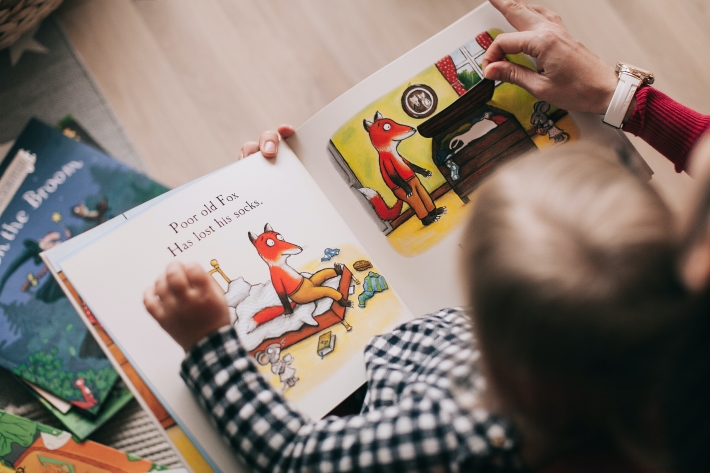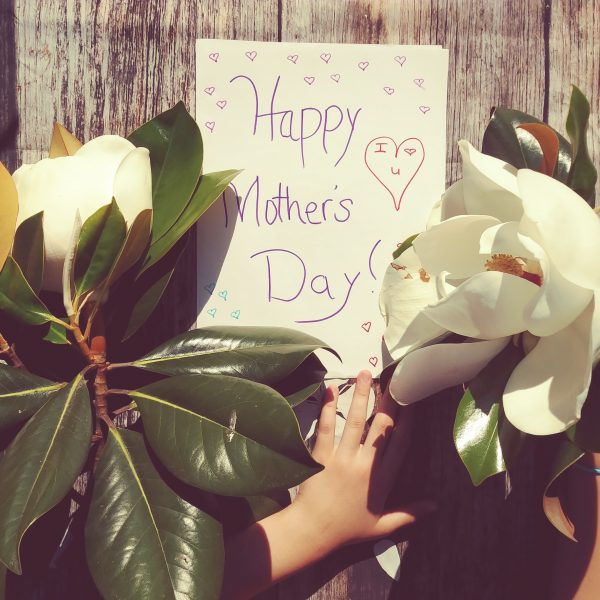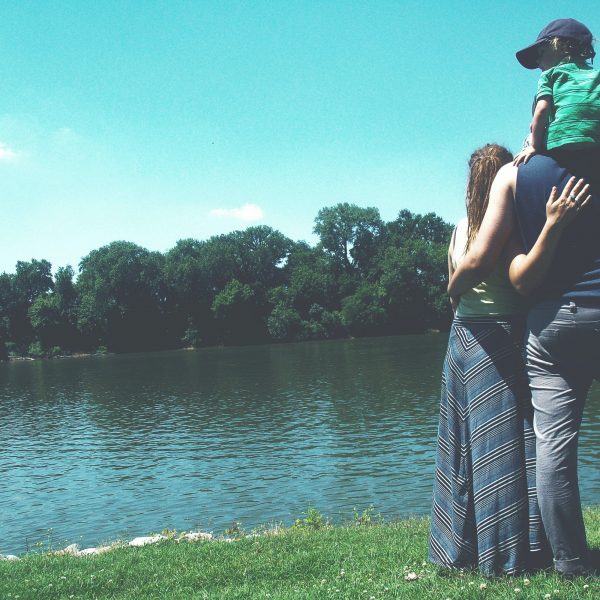The case for free early learning

As many cash-strapped Australian families pull their children from day-care and preschool, UNE expert Margaret Brooks asks a critical question. How much does our nation truly value children and early education?
It’s ironic that at the same time many families are struggling to pay for day-care or early childhood places, the Federal Treasurer Josh Frydenberg is calling for couples to have more children.
The government wants more babies to counter our ageing population, but what is missing from this equation is affordable childcare for the children we already have. Families (and women especially) are stuck in a vicious cycle; they can’t get work unless they have day-care and they can’t pay for day-care unless they have work.
What concerns me most about this discussion is that early learning is being considered purely in economic terms, rather than seen as something extremely valuable to the child, their family and broader society. It’s time our government thought about how its decisions are affecting Australia’s children.
Early childhood centres are not a babysitting service; they are essential services. Good early childhood educators are trained to provide for the social and emotional wellbeing of children and their families.
When families and communities are stressed, children are stressed, too, and stress impacts on a child’s health and ability to learn. Many children have had their lives turned upside down due to the COVID-19 pandemic. I am concerned about their wellbeing but also their school readiness, given their inability to attend early childhood centres this year.
Not only have they been missing out on the learning, socialisation and personal skills they need to prepare for school, it also disrupts their relationships and behaviour. I’m hearing reports that this is leading to trauma, which is causing considerable distress for educators and families.
And let’s spare a thought for these educators. Not only are they putting themselves at risk of contracting coronavirus every working day, but also dealing with the fall-out. They are having to spend much more of their time settling unsettled children, cleaning and sanitising, and supporting the families experiencing financial and social hardship.
This all raises critical questions of how early childhood education is valued and funded.
The current system of government funding and parental fees and rebates is so confusing even I don’t understand it. Add to this the fact that educators, themselves, have been campaigning for better recognition of their professional roles, and better wages, for years. Making day-care and preschool places free, just like school, represented a beautifully simple solution when coronavirus first gripped Australia. Now we just need to make it a permanent arrangement.
This would bring Australia into line with progressive countries like France and Finland, who demonstrate how much they value their children by providing for them the very best and free care before school. This produces smarter, happier and more successful children who go on to be productive members of society.
Free early learning would make life so much easier for parents and contribute to a more equitable society. During the three-month freeze on fees, a lot more Indigenous families signed their children up. This shows that many families just can’t dig that deep to cover the cost under normal circumstances, and these are the children who often need day-care the most, who are at risk of falling through the cracks when they begin primary school.
Declining enrolments at centres since the freeze was lifted show that the worst may yet be to come. If families who have lost jobs are already struggling to pay for childcare and education, how many more are likely to withdraw their children in September, once JobKeeper and the Coronavirus Supplement for JobSeeker and Parenting Payment move to a lower rate?
Some centres have already closed. Those families that can still afford to send their children to centres fear that many more will follow suit.
My grandson in Sydney has had to move house due to the economic downturn and now his day-care centre is closing. So my son and his wife must now find another place, without the benefit of being able to tour centres due to entry restrictions. I’m seeing first-hand how consistency of care creates stability for the child and their family; how financial stress can have a domino effect.
My 30 years in this field have taught me that children are very resilient, but I fear that those disadvantaged by the coronavirus pandemic may never be able to catch up. In Alberta, Canada, where I have worked previously, the conservative government cut its government funding for kindergartens for two years in 1993 to make savings and encourage women to stay home and look after their children. This had major impacts. Hundreds of women working in kindergarten lost their jobs and children struggled to catch up.
Researchers who followed these children throughout their schooling found that, compared to a control group, they experienced more social problems and higher unemployment, and were more likely to encounter the justice system. The biggest advocate for kindergartens in Alberta became the chief of police, because we all know that incarceration costs far more than day-care.
Subsequent Canadian researchers have concluded that every $1 invested in early childhood education yields $6 in economic benefits during the life of a child. This is achieved by preparing the child for the future workplace, getting parents back to work and addressing workforce shortages, reducing gender and income inequality for women, increasing high school graduation rates and reducing the need for special education. They noted that the tax revenue from more parents working funded the additional early learning costs and, additionally, raised many families out of poverty, and reduced health and other social costs.
Investing in early childhood education is an investment in our future workforce, but also our society. It is the time in a child’s life when they learn the most: vital social skills and a disposition for learning, how to work in groups and how to share. It’s also when health issues or learning difficulties are routinely picked up, to facilitate early treatment.
COVID-19 disruptions to early childhood education will have short- and long-term impacts on children and it’s likely this group will need more support throughout their education. We should be encouraging as many parents to maintain the early learning of their children, and the best way to do that is to make it free. While we are at it, we should also value early childhood teachers as the professionals they are and pay them accordingly.”
This piece was originally published by UNE, and has been reprinted here with permission. To access the original, please see here.
Popular

Economics
Provider
Australia’s child care services market to reach USD 8.8 billion by 2034, driven by policy reform and AI integration
2025-12-03 07:45:15
by Fiona Alston

Economics
$8.5m sale of Cranbourne West childcare centre highlights investor confidence
2025-12-02 07:45:50
by Fiona Alston

Economics
Provider
Workforce
Queensland Government expands investment in early learning access
2025-12-05 07:00:51
by Fiona Alston














